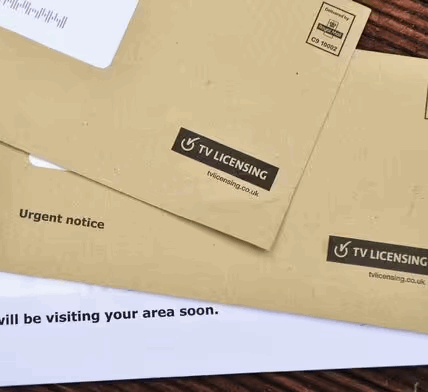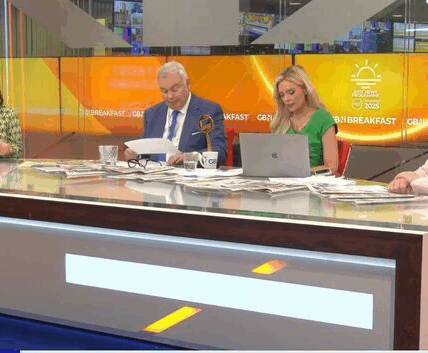There are several options for savers to protect their money ahead of the autumn Budget.
Savers are set for a “double whammy” if income tax is hiked and cash ISA allowance is slashed in Rachel Reeves‘ upcoming autumn Budget. Chancellor Rachel Reeves is reportedly considering cutting the annual cash ISA allowance from £20,000 to £10,000 or £12,000. Additionally, she could announce an increase in income tax, potentially across all tax bands, by either 1% or 2% in her November 26 Budget.
For savers, this might cause a painful “double-whammy” because they can shield less of their money from tax, and pay a higher rate of tax on the interest earned from that money. Shaun Moore, tax and financial planning expert at Quilter, said: “The potential reduction in the ISA allowance combined with a rise in income tax rates could present a double whammy for cash savers, particularly for higher earners.”

Reeves will present her budget on November 26 (Image: Getty)
Martin Willis of consultancy Barnett Waddingham, told The Telegraph: “Bringing forward planned contributions could lock in current rules around tax relief, contribution limits, or how much you can draw tax-free.
“But remember, once money is in a pension, it’s locked away until at least age 55 [rising to 57 in 2028], so decisions should always reflect your wider financial situation.”
As the stock market has historically outperformed cash over longer periods, experts say it could be worth investing in stocks and shares ISA if your investment goals are longer term. It is also important to point out that polling from the Building Societies Association found that only around a quarter of savers have over £20,000 or more in savings.
At the moment, savers can still put up to £20,000 a year in ISAs, so if you need to, you could stuff your cash ISA now.
Another option to reduce your taxable income is to move your savings to the partner with the lowest earnings, especially if they’re in a lower income tax bracket.
Sarah Coles at Hargreaves Lansdown added: “If you’re married or in a civil partnership and your partner pays a lower rate of tax, you can transfer income-producing assets into their name. It means you can both take advantage of your tax allowances.”

